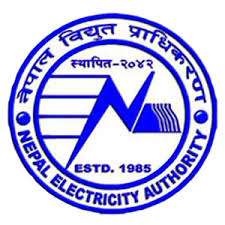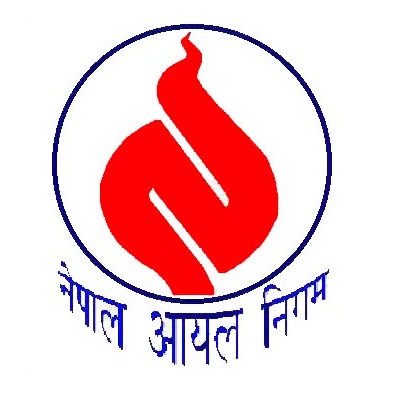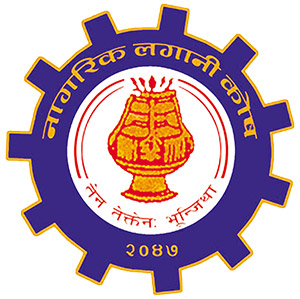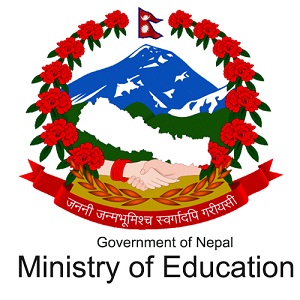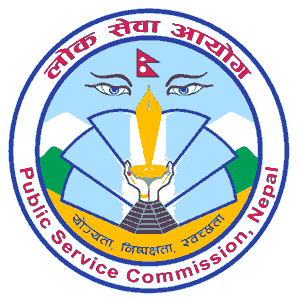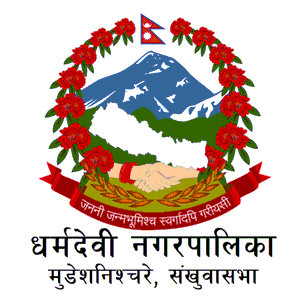Overview
The Nepal Engineering Council (NEC), was established by the Nepal Engineering Council Act, 2055 in 1999. Nepal entered a modern phase in engineering after the political change in the sixties. The engineering community began to grow in number and was involved in all spheres of national development. The enrolment of students into engineering colleges was rising very fast, and there was a need for an organization to manage the engineering profession. Therefore, the Nepal Engineering Council was formed under the Nepal Engineering Council Act, 2055 to make the engineering profession more effective.
Formation of Nepal Engineering Council:
The Nepal Engineering Council Act, 2055 BS was promulgated by His Majesty the King on 11th March 1999. As per the Act, NEC has been vested with the statutory authority for the planning, coordinated development, and monitoring of the engineering profession and education in the country. NEC Act 2055 gives an outline of the formation of the Council, its tenure, and the roles and responsibilities of the Chairman, Vice Chairman, and Registrar.
Registration of Engineers:
Nepal Engineering Council Rules, 2057 has also been prepared and approved by His Majesty's Government as per the provision of Clause 37 of the Act. It defines the registration of engineers into three categories as well as the formats for application. The categories are General Registered Engineer, Professional Engineer, and Non-Nepali Registered Engineer.
Professional Code of Conduct:
NEC Rules 2057 lays down the professional code of conduct for engineers registered with the Council. It ensures that engineers practice with integrity, and impartiality, and maintain confidentiality in all their dealings.
Growth of Engineering Profession:
After the formation of the Nepal Engineering Council, the engineering profession began to gain respect in society, and engineers were allowed to compete in administrative service and also for the post of secretary. The introduction of democracy in 1990 encouraged the growth of engineering colleges in Nepal, and it was expected that nearly 3000 engineers would be graduating from local engineering colleges every year with nearly an equal amount graduating from colleges abroad.
Executive Council:
The first Executive Council was formed in January 2000 under the chairmanship of Er. Ram Babu Sharma completed its tenure on January 2004. The Executive Council is responsible for advising the Council on technical matters, framing policies and guidelines, and monitoring the progress of work done by the Council.
The Nepal Engineering Council has played a crucial role in developing the engineering profession in Nepal. The Council ensures that engineers practice with professionalism and uphold the highest standards of integrity, impartiality, and confidentiality. With the growing number of engineers graduating every year, the Council's role in planning, coordinating, and monitoring the engineering profession and education is crucial for the sustainable development of the country.
Objectives:
The Nepal Engineering Council has specific objectives that aim to make the engineering profession effective by mobilizing it in a more systematic and scientific manner. These objectives are:
- Preparation of Policies and Programs: The Council prepares policies, plans, and programs for the smooth functioning of the engineering profession and executes them.
- Setting Norms and Standards: The Council sets norms and standards for engineering education in Nepal, ensuring that the quality of education meets the required level.
- Approval of Engineering Colleges: The Council grants permission and approval to those engineering colleges and institutions that meet the required norms and standards and honor their degrees and certificates.
- Quality Monitoring: The Council monitors and inspects the quality of engineering education provided by engineering colleges and institutions to ensure that the standard of education is maintained.
- Qualification and Registration: The Council sets the qualifications necessary to practice engineering and registers the names of qualified engineers in the Council.
- Code of Ethics: The Council removes the name of an engineer from the registration of the engineering council if found to violate the code of ethics.
Vision:
The vision of the Nepal Engineering Council is to make the engineering profession more effective by mobilizing it in a systematic and scientific manner. The Council aims to register qualified engineers as per their qualifications and uphold the highest standards of professionalism in the engineering profession. By setting norms and standards for engineering education, approving engineering colleges and institutions, monitoring the quality of education, and ensuring that engineers practice with integrity, the Council envisions a sustainable development of the engineering profession in Nepal. With its goals, the Council aims to contribute to the growth and development of the nation by harnessing the power of engineering.
International Support
The Institution of Civil Engineers (ICE) based in the United Kingdom has been providing support and guidance to engineers worldwide throughout their engineering careers. As the oldest engineering institution in the world, ICE has been supporting the Nepal Engineering Council (NEC) and the Professional Engineers of Nepal (PEng.) in their development and growth towards being recognized globally. The support of ICE is crucial to help engineers understand the importance of continuous learning and development, and to uphold the high standards of professional engineering ethics and integrity.
Producing Qualified Professional Engineers to Serve the Nation
Nepal needs to produce many qualified Professional Engineers who can serve the country with their professional engineering skills and become role models for the nation's development. The Nepal Engineering Council (NEC) has established guidelines for the attributes of the Professional Engineers who will be awarded the prestigious PEng Title, Nepal. Professional Engineers must be able to support the engineering development of Nepal and take on the challenges of the nation. It is aimed that the Professional Engineer will be a leader and an excellent example in their engineering profession.
Mutual Cooperation between ICE, UK and Nepal Engineering Council (NEC)
Recently, the Nepal Engineering Council (NEC) signed a Memorandum of Understanding (MoU) with ICE, UK to develop cooperation between the two institutions. This collaboration is expected to provide enormous qualification support to NEC to progress further with the Professional Engineers' standards and be well-recognized around the world. The signing of the MoU is a great honor for both institutions, and it is hoped that this partnership will help NEC achieve its vision of making the engineering profession more effective by mobilizing it more systematically and scientifically.
Categories of Engineers Registered in NEC:
Nepal Engineering Council (NEC) recognizes and registers engineers from various disciplines to ensure that the engineering profession is effective and systematic. The following are the categories of engineers registered in the NEC:
- Aeronautical Engineer
- Agri-irrigation Engineer
- Agricultural Engineer
- Architect Engineer
- Automation Engineer
- Automobile Engineer
- Biomedical Engineer
- Biotechnology Engineer
- Chemical Engineer
- Civil & Rural Engineer
- Civil Engineer
- Computer Engineer
- Electrical & Electronics Engineer
- Electrical Engineer
- Electronics & Instrumentation Engineer
- Electronics & Telecommunication Engineer
- Electronics and Communication Engineer
- Electronics Engineer
- Energy Engineer
- Environmental Engineer
- Food Engineer
- Forestry Engineer
- Geology Engineer
- Geomatics Engineer
- Industrial Engineer
- Information Technology & Telecommunication Engineer
- Information Technology Engineer
- Instrumentation Engineer
- Mechanical Engineer
- Metallurgical Engineer
- Mining Engineer
- Radio Engineer
- Software Engineer
- Survey Engineer
- System Engineer
- Textile Engineer
- Urban & Physical Planning Engineer
The NEC sets the qualifications necessary for engineers to practice their profession and ensures that they adhere to the professional code of conduct. The NEC also monitors and inspects the quality of engineering education provided by colleges and institutions to maintain the standards of engineering education in Nepal.
A professional engineer is highly competent and trained to use scientific methods to analyze and solve engineering problems. They take personal responsibility for applying engineering knowledge in research, design, construction, manufacturing, management, and education. Their work requires intellectual and varied skills and the ability to supervise others. Nepal Engineering Council is the apex regulatory body responsible for advancing the engineering profession in various disciplines. It approves new technical institutions and courses and periodically updates Norms and Standards for Bachelor and Post-Graduate programs. All engineers working with government, diplomatic missions, private sectors, NGOs, INGOs, academic institutions, and consulting firms must register with the Council and abide by its Code of Conduct.
Contact Details:
Nepal Engineering Council (NEC)
Minbhawan, New Baneshwor, Kathmandu, Nepal
Phone: +977-1-4520655, +977-1-4520656
Email: necgov@ntc.net.np
Website: www.nec.gov.np


